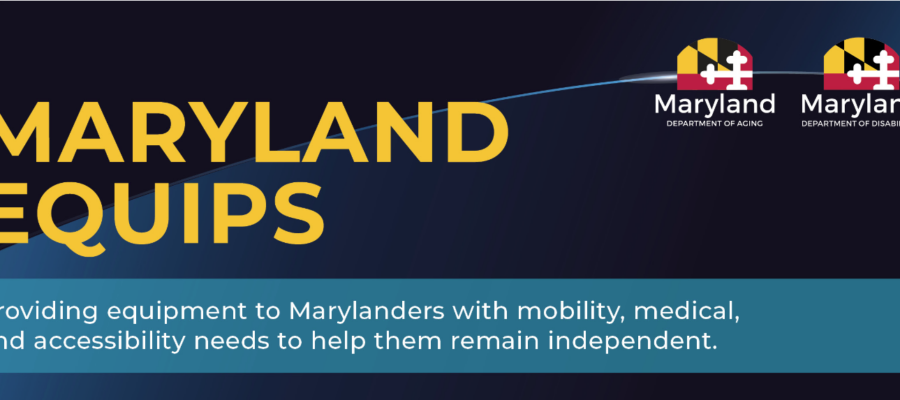Home health care is a form of medical or non medical care provided in a patient’s home. It can include a wide range of services from complex care provided by Registered nurses like wound care to skilled nursing services provided by nurse aides like personal care. The skilled nursing services are typically categorized as activities of daily living (ADLs) and instrumental activities of daily living (IADLs).
At Marcie Care, we provide both ADLs and IADLs. One can request a full package or select the service that you need. Here are the services that we offer:
Personal Care
Personal care refers to a range of services provided to individuals in their own homes who need assistance with daily activities due to various health-related conditions. This type of care is designed to support the dignity, independence, and well-being of the person receiving care. It includes assistance with activities such as bathing, dressing, grooming, and toileting. It may also encompass medication management, mobility assistance, and monitoring vital signs. The goal is to provide compassionate care that meets the physical, emotional, and social needs of individuals, enabling them to live as comfortably and independently as possible.
Medication Management
Medication management is the systematic process of organizing and monitoring the medications that a patient takes to ensure they are being used correctly and effectively. This involves assessing the patient’s medication regimen, ensuring medications are taken as prescribed, preventing drug interactions, and minimizing side effects. It often requires collaboration among healthcare providers, patients, and caregivers to achieve optimal therapeutic outcomes.
This service is suitable for individuals who are taking a large variety of medications at different times of the day, individuals with memory loss, individuals with sight
Companionship
Companionship is defined as the provision of emotional support and friendship to individuals who may be elderly, disabled, or recovering from illnesses. It involves a caregiver spending time with the patient, engaging in conversations, participating in recreational activities, or simply being present to provide company. This aspect of care is crucial as it helps combat loneliness and isolation, promotes mental health, and improves quality of life. Professional caregivers are trained to offer companionship in a way that respects the patient’s independence and dignity while providing the necessary social interaction.
Homemaker Services
This refers to the variety of assistance provided to individuals in their own homes, aimed at maintaining a safe and comfortable living environment. These services typically include routine household tasks such as cleaning, meal preparation, laundry, grocery shopping, and other forms of domestic work. Additionally, homemaker services may also encompass assistance with daily living activities like dressing, bathing, and medication reminders for those who require it due to age, disability, or illness. The goal of homemaker services is to support individuals in leading independent lives while ensuring their well-being and safety at home.
Respite Care
Short-term services provided to individuals who need temporary relief from their caregiving duties is what is referred to as respite care. This type of care is designed to support family caregivers by offering them a break, ensuring that their loved ones continue to receive professional and compassionate care in their absence. Respite care can be arranged for just an afternoon or for several days or weeks, depending on the family’s needs. The goal is to alleviate caregiver stress, improve family well-being, and maintain the health and safety of the care recipient at home.
Memory Care
Specialized services designed to support individuals with memory-related challenges, such as memory loss, confusion, dementia or Alzheimer’s disease. These programs offer personalized care plans, safety and security measures, structured daily activities, assistance with activities of daily living, medication management, nutritious meals, emotional support, socialization opportunities, family involvement, and education. The goal is to provide a supportive and enriching environment where residents can thrive while receiving the specialized care they need to maintain their quality of life and independence.



